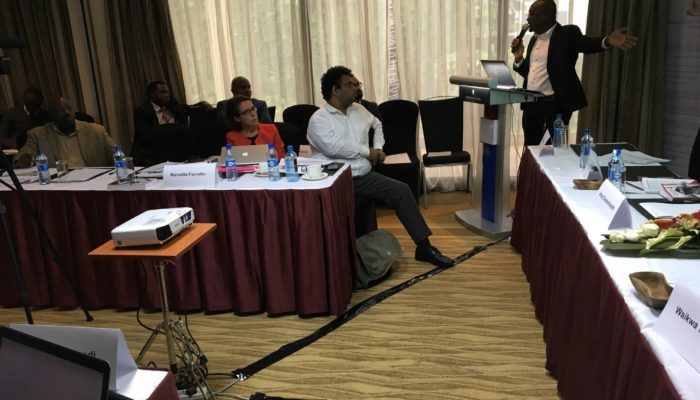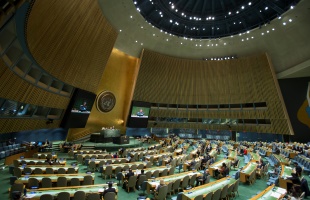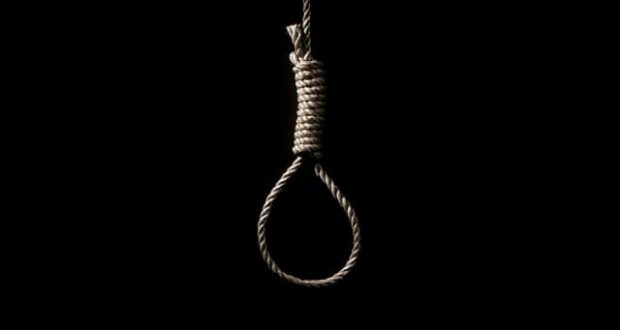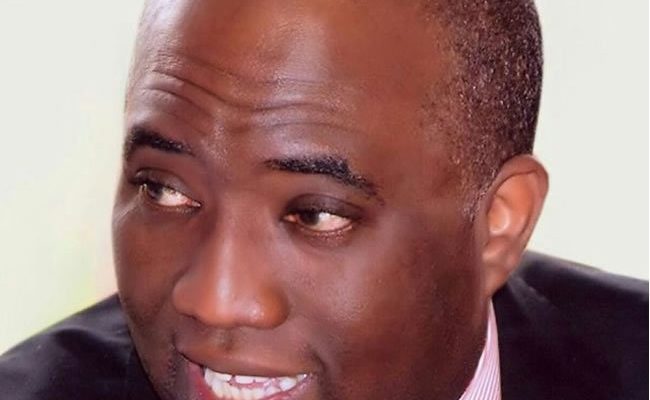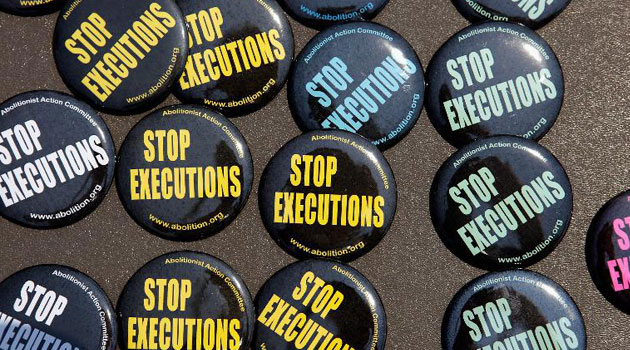The EU Delegation to Ghana and the French Embassy in Accra, on October 10, 2013 organised a roundtable discussion in Accra, to commemorate the 11th World Day/Europe Day against Death Penalty chaired by EU ambassador Claude Maerten, Head of the EU delegation to Ghana. Speakers included the Deputy of the Embassy of France in Ghana, Mrs Cécile Vigneau, the Chairman of the Constitutional Review Implementation Committee, Prof. E.V.O. Dankwa and the Commissioner of Human Rights and Administrative Justice, Mrs Loretta Lemptey. There were two presentations from Dr. Kofi E. Boakye, Psychology Department and Dr. Peter Atupare, Faculty of Law, both of the University of Ghana.
The roundtable was attended by representatives of the Diplomatic Corps, human rights defenders and Ghanaian law, students to examine some of the challenges and opportunities for Ghana and countries worldwide in their efforts towards the abolition of Death Penalty.
The roundtable discussions focussed on two core issues: Abolishing of the Death Penalty: beyond human rights and Abolishing of the Death Penalty in Ghana: challenges of the Constitutional Review Implementation Committee.
Ambassador Claude Maerten read the joint Declaration by Catherine Ashton, Europe Union High Representative for Foreign Affairs and Secure Policy and Mr. Jagland , Secretary General of the Council of Europe to commemorate the Day.

